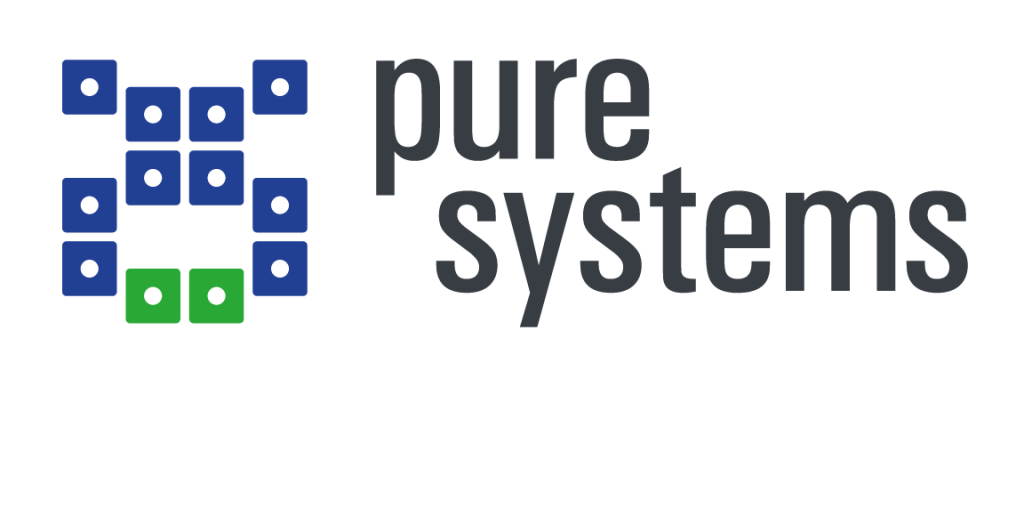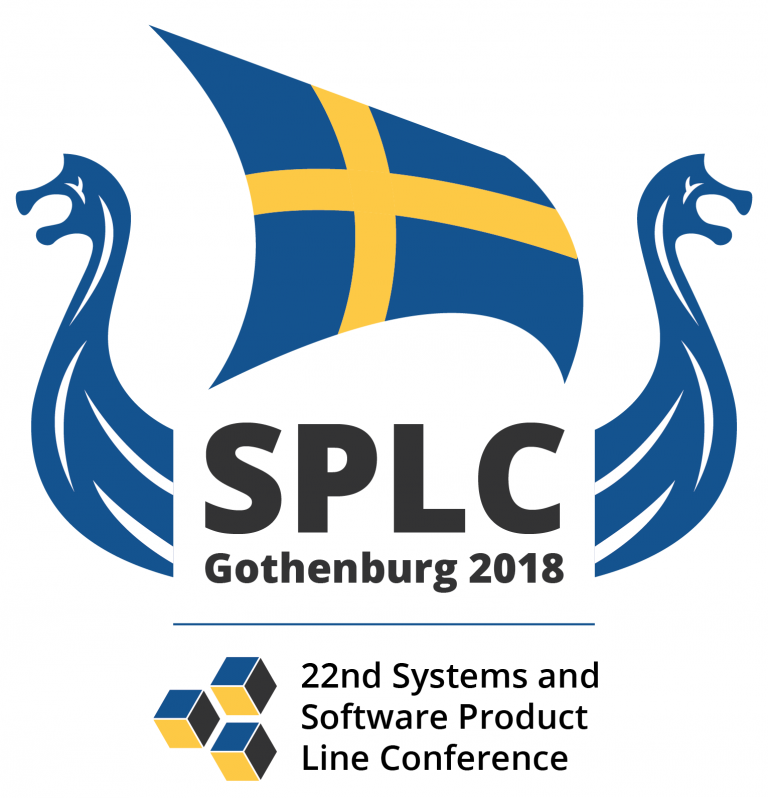The Southern Poverty Law Center (SPLC) is a renowned organization that plays a pivotal role in combating hate and extremism in the United States. Founded in 1971, the SPLC has become a symbol of justice and advocacy for marginalized communities. This organization is dedicated to monitoring hate groups and extremist activities, making it an essential entity in the fight against intolerance and discrimination.
As society becomes increasingly polarized, the SPLC's mission becomes more relevant than ever. By providing education, legal representation, and resources, the SPLC aims to create a more equitable and just society. Their work is not only about addressing current issues but also about preventing future injustices.
In this article, we will delve deep into the SPLC's history, mission, and impact. We will explore its role in combating hate groups, its legal battles, and its educational initiatives. Whether you're a student, researcher, or someone interested in social justice, this article will provide you with a thorough understanding of the Southern Poverty Law Center and its significance in today's world.
Read also:Casting Acotar Unveiling The Magical Ensemble Behind The Scenes
Table of Contents
- The History of the SPLC
- The Mission of the SPLC
- Tracking Hate Groups
- Legal Battles Fought by the SPLC
- Educational Programs and Resources
- Smart Justice Initiative
- The Impact of the SPLC
- Criticism and Controversies
- The Future of the SPLC
- Conclusion
The History of the SPLC
The Southern Poverty Law Center was founded in 1971 by Morris Dees and Joseph J. Levin Jr. in Montgomery, Alabama. Initially established as a small civil rights law firm, the SPLC quickly gained prominence for its groundbreaking work in fighting racial injustice. The founders aimed to use the legal system to dismantle discriminatory practices and promote equality.
Over the years, the SPLC has expanded its scope to include a wide range of issues, from combating hate groups to advocating for immigrant rights. The organization's growth reflects the increasing need for its services in a rapidly changing social landscape.
Key Milestones in the SPLC's History
- 1981: The SPLC wins its first major legal victory against the Ku Klux Klan.
- 1990: Launches the Intelligence Report, a publication tracking hate groups and extremist activities.
- 2000: Establishes the Teaching Tolerance program to promote inclusivity in schools.
The Mission of the SPLC
The mission of the Southern Poverty Law Center is to fight hate and bigotry through litigation, education, and advocacy. The SPLC strives to create a society where all individuals are treated with dignity and respect. By addressing systemic injustices and empowering marginalized communities, the organization works towards a more equitable future.
The SPLC's mission is rooted in the belief that every person deserves access to justice and equal opportunities. Through its various programs and initiatives, the organization tackles issues such as racism, xenophobia, and LGBTQ+ discrimination.
Core Values of the SPLC
- Equality: Advocating for equal rights and opportunities for all individuals.
- Justice: Using the legal system to dismantle discriminatory practices.
- Education: Promoting understanding and inclusivity through educational resources.
Tracking Hate Groups
One of the most significant roles of the SPLC is tracking and monitoring hate groups across the United States. The organization maintains a comprehensive database of these groups, providing valuable information to law enforcement agencies, policymakers, and the public. This data helps in understanding the scope and nature of hate group activities.
The SPLC's Intelligence Project is dedicated to researching and exposing hate groups and extremist organizations. By publishing reports and updates, the organization raises awareness about the dangers posed by these groups.
Read also:Avril Lavignes Husband The Ultimate Guide To Her Love Life And Relationships
How the SPLC Identifies Hate Groups
- Researching ideologies and activities of organizations.
- Monitoring public statements and publications.
- Collaborating with law enforcement and community organizations.
Legal Battles Fought by the SPLC
The SPLC has been involved in numerous landmark legal battles that have shaped civil rights law in the United States. Through strategic litigation, the organization has secured victories against hate groups, discriminatory practices, and systemic injustices. These cases not only provide justice to individual victims but also set important legal precedents.
Some notable cases include lawsuits against the Ku Klux Klan, white supremacist organizations, and human trafficking networks. The SPLC's legal team works tirelessly to ensure that justice is served and that the rights of marginalized communities are protected.
Examples of Successful Legal Cases
- Victory against the United Klans of America in 1987, resulting in a $7 million judgment.
- Case against the Imperial Klans of America in 2000, leading to a $26 million settlement.
Educational Programs and Resources
Education is a cornerstone of the SPLC's mission. The organization believes that promoting understanding and inclusivity is key to creating a more just society. Through its Teaching Tolerance program, the SPLC provides educators with resources and tools to foster inclusive learning environments.
The program offers a wide range of materials, including lesson plans, classroom activities, and professional development opportunities. These resources are designed to help educators address issues such as race, gender, and socioeconomic status in their classrooms.
Key Features of the Teaching Tolerance Program
- Free classroom resources for K-12 educators.
- Professional development workshops and webinars.
- Publications and films exploring social justice issues.
Smart Justice Initiative
The SPLC's Smart Justice Initiative focuses on reforming the criminal justice system to ensure fairness and equity. The initiative addresses issues such as mass incarceration, racial disparities, and the overcriminalization of marginalized communities. By advocating for policy changes and supporting grassroots movements, the SPLC aims to create a more just and humane system.
The initiative also works to reduce the number of people incarcerated in the United States, which has the highest incarceration rate in the world. Through litigation, advocacy, and public education, the SPLC seeks to transform the criminal justice system into one that prioritizes rehabilitation over punishment.
Goals of the Smart Justice Initiative
- Reduce the U.S. jail and prison population by 50%.
- Eliminate racial disparities in the criminal justice system.
- Promote policies that prioritize rehabilitation and community safety.
The Impact of the SPLC
The Southern Poverty Law Center has had a profound impact on American society. Through its legal victories, educational programs, and advocacy efforts, the organization has made significant strides in combating hate and promoting equality. The SPLC's work has not only provided justice to individuals but also influenced policy changes at the national level.
According to a report by the SPLC, the number of hate groups in the United States has increased in recent years, underscoring the importance of the organization's mission. By raising awareness and fostering dialogue, the SPLC continues to be a driving force for positive change.
Statistics on the SPLC's Impact
- More than 100,000 educators use Teaching Tolerance resources annually.
- Over $100 million in judgments and settlements against hate groups.
Criticism and Controversies
While the SPLC is widely respected for its work, it has faced criticism and controversy over the years. Some critics argue that the organization's methods of identifying hate groups can be overly broad, potentially labeling legitimate organizations as extremist. Others question the SPLC's financial practices and the allocation of resources.
Despite these criticisms, the SPLC remains committed to its mission and continues to address concerns through transparency and accountability. The organization regularly publishes financial reports and engages in dialogue with critics to improve its practices.
Addressing Criticism
- Providing detailed explanations of hate group classifications.
- Engaging in open discussions with critics and stakeholders.
The Future of the SPLC
As society continues to evolve, the role of the Southern Poverty Law Center becomes increasingly vital. The organization is committed to addressing emerging challenges and adapting its strategies to meet the needs of a changing world. By expanding its reach and strengthening its partnerships, the SPLC aims to create a more just and equitable future.
The SPLC's future initiatives include expanding its digital presence, enhancing its educational programs, and deepening its engagement with communities across the United States. Through innovation and collaboration, the organization will continue to lead the fight against hate and discrimination.
Conclusion
The Southern Poverty Law Center is a cornerstone of the civil rights movement, dedicated to combating hate and promoting equality. Through its groundbreaking legal work, educational programs, and advocacy efforts, the SPLC has made a significant impact on American society. As the fight against injustice continues, the SPLC remains a beacon of hope and a force for positive change.
We encourage you to explore the SPLC's resources and get involved in their mission. Whether through education, advocacy, or financial support, your contribution can make a difference. Share this article with others and help spread awareness about the importance of fighting hate and promoting tolerance. Together, we can create a more just and inclusive world.


